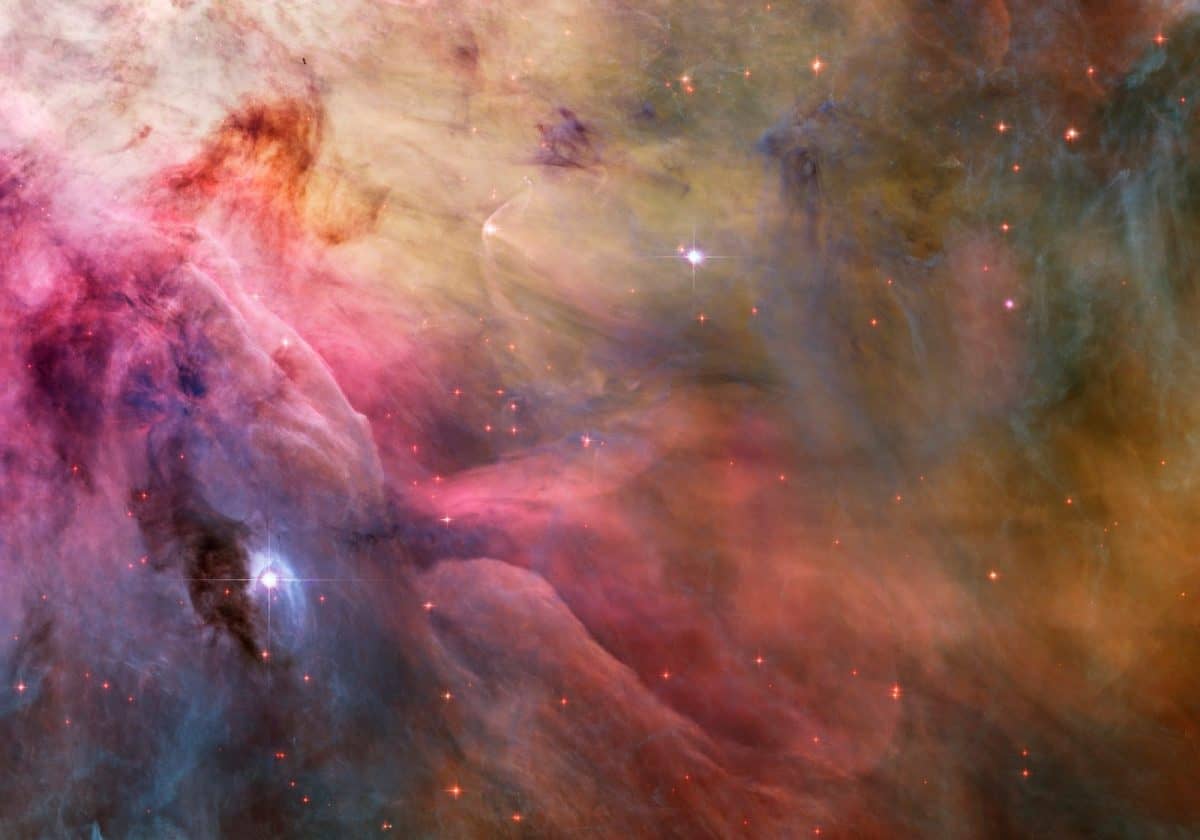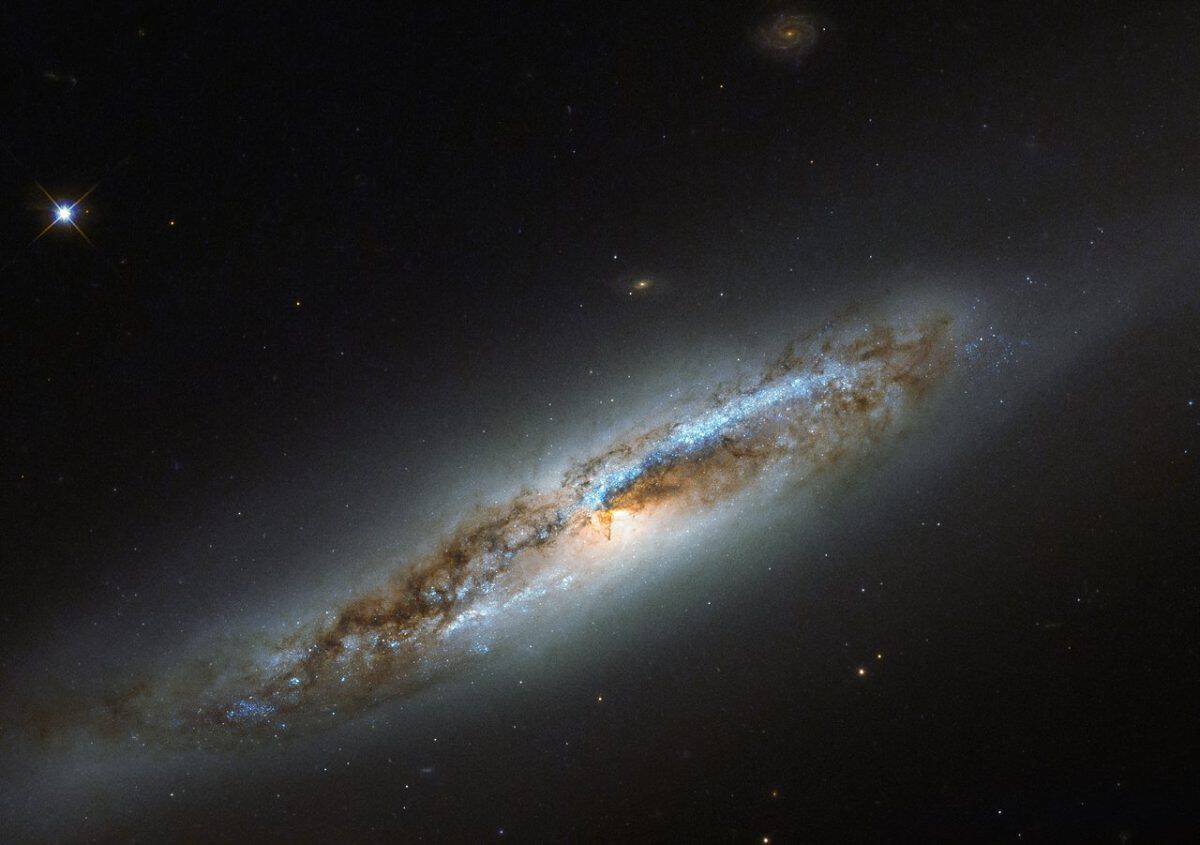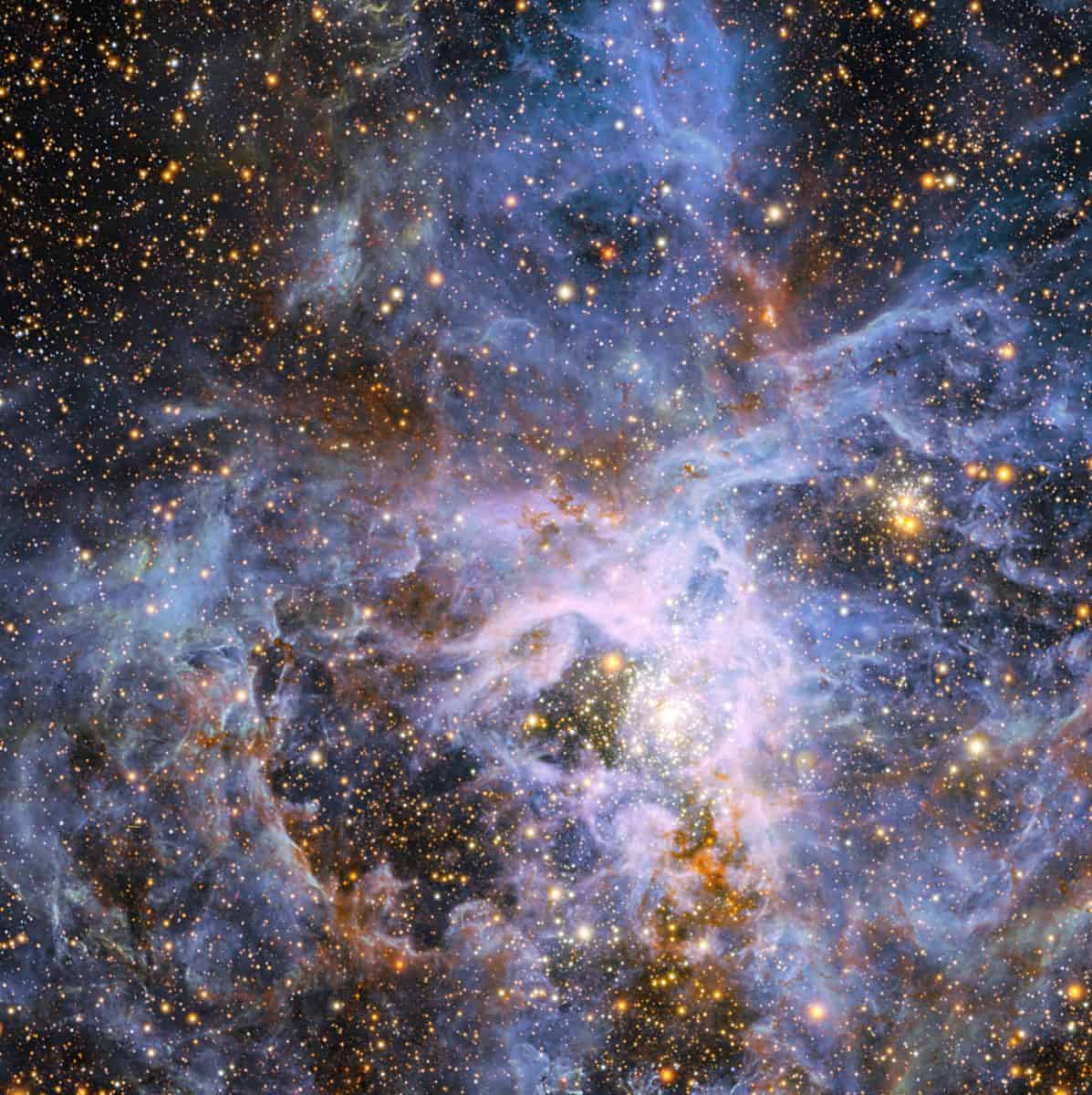Blog
August 10-1984
Fridolijn’s musical career started at the age of 18 with the record contract she brought in at the Blaricum Soundpush Studios. There she worked together with top producer Jaap Eggermont for two years on her debut album. A huge school, which has played a part in the success of her own jazz / pop band Finn Silver.
With this she released a beautiful album in 2011, which stood at the top of the Dutch and international jazz charts for weeks. She toured through the Netherlands and Japan, and has done major jazz festivals such as North Sea Jazz in Rotterdam and Billboard Live in Tokyo. In 2015 she released her first solo album, called ‘Catching Currents’. An album with own written songs that has received rave reviews in the music magazine Jazzism.
Charles H. “Chuck” Israels (born August 10, 1936) is a composer, arranger, and bassist who is best known for his work with the Bill Evans Trio. He has also worked with Billie Holiday, Benny Goodman, Coleman Hawkins, Stan Getz, Herbie Hancock, J. J. Johnson, John Coltrane, and Judy Collins
Born in New York City, Chuck Israels was raised in a musical family which moved to Cleveland, Ohio when he was 10. His stepfather Mordecai Bauman was a singer who performed extensively with composer Hanns Eisler. He, along with Israel’s mother, Irma Commanday, created a home environment in which music was a part of normal daily activity. Paul Robeson, Pete Seeger, and The Weavers were visitors to the Bauman home. In 1948, the appearance of Louis Armstrong‘s All Stars in a concert series produced by his parents gave him his first opportunity to meet and hear jazz musicians.
more...Gertrude E. “Trudy” Pitts (August 10, 1932 – December 19, 2010) was an American soul jazz keyboardist from Philadelphia, Pennsylvania. She was known primarily for playing the Hammond B3 organ.
Trained as a musician and a music educator, Pitts studied at the Philadelphia Musical Academy, Temple University and Juilliard, as well as other institutions. Early work experience included a position as an assistant to the pianist in the Tony Award-winning musical Raisin.
At the end of the musical’s tour, she was encouraged by her husband (who had worked with Shirley Scott as a drummer) to continue developing her repertoire.
In 1967, the Boston Globe printed a piece calling her a rising star and complimented her drawbar variation, vibrato shadings, and bass pedal work. Her husband, William Theodore Carney II (born 1925), aka “Mr. C.”, often joined her on the drums.
Trudy Pitts eventually went on to play with Ben Webster, Gene Ammons, and Sonny Stitt.[1] She recorded four albums for Prestige Records, appearing with Willis Jackson among others. In 1999, a compilation album of several records was released as Legends of Acid Jazz, Trudy Pitts & Pat Martino. Recent festival appearances include the 11th Annual Mary Lou Williams Women in Jazz Festival at the Kennedy Center in Washington, D.C., in May 2006. On September 15, 2006, Pitts was the first jazz artist play a concert on Philadelphia’s Kimmel Center’s 7,000 pipe organ, “taking the medium to a whole new level”.
more...Although not formally introduced to the santoor [also known as santur] until 1985, when he was 12 years old, Rahul Sharma had already demonstrated his talent by playing and composing on the harmonium, and on a cheap keyboard that his dad had brought back from Japan.
more...https://www.youtube.com/watch?v=kVJn3K6AVuM
more...Andile Yenana is a South African pianist. He made an indelible mark by switching from teaching to studying jazz. He has produced and worked with many South African as well as international artists.
Born in 1968 in King William’s Town, Andile’s love for music was triggered at an early age. He grew up in a household where music was really loved. His father, Felix Thamsanqa Yenana, had a huge collection of music, ranging from jazz to Motown, and other forms of urban black music and this had a huge influence in Andile’s life. Andile obtained a teaching diploma from the University of Fort Hare in South Africa’s Eastern Cape Province[citation needed] before taking up music studies under Darius Brubeck at the University of Natal‘s School of Jazz and Popular Music It was here that he became friends with saxophonist Zim Ngqawana and trumpeter Feya Faku.
more...Jack DeJohnette (born August 9, 1942) is an American jazz drummer, pianist, and composer.
An important figure of the fusion era of jazz, DeJohnette is one of the most influential jazz drummers of the 20th century, given his extensive work as leader and sideman for musicians including Charles Lloyd, Freddie Hubbard, Keith Jarrett, Bill Evans, John Abercrombie, Alice Coltrane, Sonny Rollins, Miles Davis, Joe Henderson, Michael Brecker, Herbie Hancock and John Scofield. He was inducted into the Modern Drummer Hall of Fame in 2007.
DeJohnette was born in Chicago, Illinois. He began his musical career as a pianist, studying from age four and first playing professionally at age fourteen. He later switched focus to the drums. DeJohnette credit his uncle, Roy I. Wood Sr., a Chicago disc jockey and vice president of the National Network of Black Broadcasters, as his inspiration to play music.
more...https://www.youtube.com/watch?v=UhL9tw3igiA
more...The constellation of Virgo (The Virgin) is especially rich in galaxies, due in part to the presence of a massive and gravitationally-bound collection of more than 1300 galaxies called the Virgo Cluster. One particular member of this cosmic community, NGC 4388, is captured in this image, as seen by the NASA/ESA Hubble Space Telescope’s Wide Field Camera 3.
Located some 60 million light-years away, NGC 4388 is experiencing some of the less desirable effects that come with belonging to such a massive galaxy cluster. It is undergoing a transformation and has taken on a somewhat confused identity.
While the galaxy’s outskirts appear smooth and featureless, a classic feature of an elliptical galaxy, its center displays remarkable dust lanes constrained within two symmetric spiral arms, which emerge from the galaxy’s glowing core — one of the obvious features of a spiral galaxy. Within the arms, speckles of bright blue mark the locations of young stars, indicating that NGC 4388 has hosted recent bursts of star formation.
Despite the mixed messages, NGC 4388 is classified as a spiral galaxy. Its unusual combination of features are thought to have been caused by interactions between NGC 4388 and other galaxies in the Virgo Cluster. Gravitational interactions — from glancing blows to head-on collisions, tidal influencing, mergers, and galactic cannibalism — can be devastating to galaxies. While some may be lucky enough to simply suffer a distorted spiral arm or newly-triggered wave of star formation, others see their structure and contents completely and irrevocably altered.
more...Urban Clifford “Urbie” Green (born August 8, 1926) is an American jazz trombonist who toured with Woody Herman, Gene Krupa, Jan Savitt, and Frankie Carle.
He has played on over 250 recordings and has released more than two dozen albums as a soloist and is highly respected by his fellow trombonists. Green’s trombone sound is especially noted for its warm, mellow tone, even in the higher registers where he is more fluent than most trombonists. His technique is considered flawless by many in the music industry and has appeared in major jazz festivals, motion pictures, concert halls, nightclubs, radio, television and the White House. He was inducted into the Alabama Jazz Hall of Fame in 1995.
Born in Mobile, Alabama, Green was taught the piano as a child by his mother, jazz and popular tunes from the beginning. He picked up the trombone, which both older brothers played, when he was about 12. Although he listened to such trombone greats as Tommy Dorsey, J. C. Higginbotham, Jack Jenney, Jack Teagarden and Trummy Young he has said that he was more influenced by the styles of Dizzy Gillespie, Charlie Parker, and Lester Young. Urbie’s trombone style was also influenced by vocalists such as Perry Como, and the vocal style of Louis Armstrong.
more...Bennett Lester Carter (August 8, 1907 – July 12, 2003) was an American jazz saxophonist, clarinetist, trumpeter, composer, arranger, and bandleader. With Johnny Hodges, he was a pioneer on the alto saxophone. From the beginning of his career in the 1920s he was a popular arranger, having written charts for Fletcher Henderson’s big band that shaped the swing style. He had an unusually long career that lasted into the 1990s. During the 1980s and ’90s, he was nominated for eight Grammy Awards, which included receiving a Lifetime Achievement Award.
Born in New York City in 1907, he was given piano lessons by his mother and others in the neighborhood. He played trumpet and experimented briefly with C-melody saxophone before settling on alto saxophone. In the 1920s, he performed with June Clark, Billy Paige, and Earl Hines, then toured as a member of the Wilberforce Collegians led by Horace Henderson. He appeared on record for the first time in 1927 as a member of the Paradise Ten led by Charlie Johnson. He returned to the Collegians and became their bandleader through 1929, including a performance at the Savoy Ballroom in New York City.
In his early 20s, Carter worked as arranger for Fletcher Henderson after that position was vacated by Don Redman. He had no formal education in arranging, so he learned by trial and error, getting on his knees and looking at the existing charts, “writing the lead trumpet first and the lead saxophone first—which, of course, is the hard way. It was quite some time that I did that before I knew what a score was.”
He left Henderson to take Redman’s former job as leader of McKinney’s Cotton Pickers in Detroit. In 1932 he formed a band in New York City that included Chu Berry, Sid Catlett, Cozy Cole, Bill Coleman, Ben Webster, Dicky Wells, and Teddy Wilson. Carter’s arrangements were complex. Among the most significant were “Keep a Song in Your Soul”, written for Henderson in 1930, and “Lonesome Nights” and “Symphony in Riffs” from 1933, both of which show Carter’s writing for saxophones.
more...Namgyal Lhamo is a singer, songwriter and actress. Namgyal Lhamo originally hails from Shigatse in Tibet. Winner of the Best Female Singer award at the 2007 Tibetan music awards, Namgyal Lhamo took to singing at a very young age and was chosen to be trained at the Tibetan Institute of Performing Arts in Dharamsala, India established by the Dalai Lama, to preserve the cultural identity of Tibetans by keeping alive their artistic traditions and by sharing them with the world.
more...This view shows part of the very active star-forming region around the Tarantula Nebula in the Large Magellanic Cloud, a small neighbour of the Milky Way. At the exact centre lies the brilliant but isolated star VFTS 682 and to its lower right the very rich star cluster R 136. The origins of VFTS 682 are unclear — was it ejected from R 136 or did it form on its own? The star appears yellow-red in this view, which includes both visible-light and infrared images from the Wide Field Imager at the 2.2-metre MPG/ESO telescope at La Silla and the 4.1-metre infrared VISTA telescope at Paranal, because of the effects of dust.
Distance 164,000 ly
more...Bassekou Kouyaté (born 1966) is a musician from Mali. His band is known as Ngoni ba.
He was born in Garana, Barouéli Cercle, 60 kilometres from Ségou in 1966. At the age of 12, he started playing the Ngoni. In the late 1980s he moved to the capital Bamako.
Kouyaté’s debut album Segu Blue was released internationally in 2007 by Out Here Records and distributed in the U.K. by Proper Music Distribution. The album was produced by Lucy Durán. He has also appeared on a number of albums by Toumani Diabaté and has performed in several European countries. In 2010, Kouyaté has been on tour with Béla Fleck.
Kouyaté’s wife, Amy Sacko, is also a successful solo artist and sings lead in his band. His father Mustapha Kouyaté was a ngoni player and his mother Yagaré Damba was a praise singer.
Kouyate, together with wife Sacko and Ngoni Ba, appeared at The 2013 Proms.
more...Rahsaan Roland Kirk (August 7, 1935 – December 5, 1977) was an American jazz multi-instrumentalist who played tenor saxophone, flute, and many other instruments. He was renowned for his onstage vitality, during which virtuoso improvisation was accompanied by comic banter, political ranting, and the ability to play several instruments simultaneously.
Kirk was born Ronald Theodore Kirk in Columbus, Ohio, where he lived in a neighborhood known as Flytown. He felt compelled by a dream to transpose two letters in his first name to make ‘”Roland”. He became blind at an early age as a result of poor medical treatment In 1970, Kirk added “Rahsaan” to his name after hearing it in a dream.
Kirk’s musical career spans from 1955 until his death in 1977. He preferred to lead his own bands and rarely performed as a sideman, although he did record with arranger Quincy Jones, drummer Roy Haynes and worked with bassist Charles Mingus. One of his best-known recorded performances is the lead flute and solo on Jones’ “Soul Bossa Nova“, a 1964 hit song repopularized in the Austin Powers films (Jones 1964; McLeod et al. 1997).
more...George Van Eps (August 7, 1913 – November 29, 1998) (often called the Father of the Seven-String Guitar) was an American swing and mainstream jazz guitarist.
George Van Eps was born in Plainfield, New Jersey, into a family of musicians. His three brothers were musicians. His mother was a classical pianist and his father, Fred Van Eps, was a ragtime banjoist. George Van Eps began playing banjo when he was eleven years old. After hearing Eddie Lang on the radio, he put down the banjo and devoted himself to guitar. By the age of thirteen, in 1926, he was performing on the radio. Through the middle of the 1930s, he played with Harry Reser, Smith Ballew, Freddy Martin, Benny Goodman, and Ray Noble.
more...More Posts
- Roosevelt Booba Barnes Day
- Glenn Gould Day
- Sam Rivers Day
- Dmitri Shostakovich Day
- Flamenco Fridays with Sabicas
- Daily Roots with Rasta Children feat. Nattali Rize – Brushy One String
- Surviving the Pandemic and Realizing Racial Justice
- The Cosmos with NGC 281
- Fats Navarro Day
- Jack Costanzo Day
- Blind Melon Jefferson Day
- World Music with Ustad Saami
- Daily Roots with Creole
- Diego LaBriola Birthday
- Surviving the Pandemic and Realizing Racial Justice
- The Cosmos with M88
- Ani DiFranco Day
- Mighty Joe Young Day
- Ray Charles Day
- John Coltrane Day


